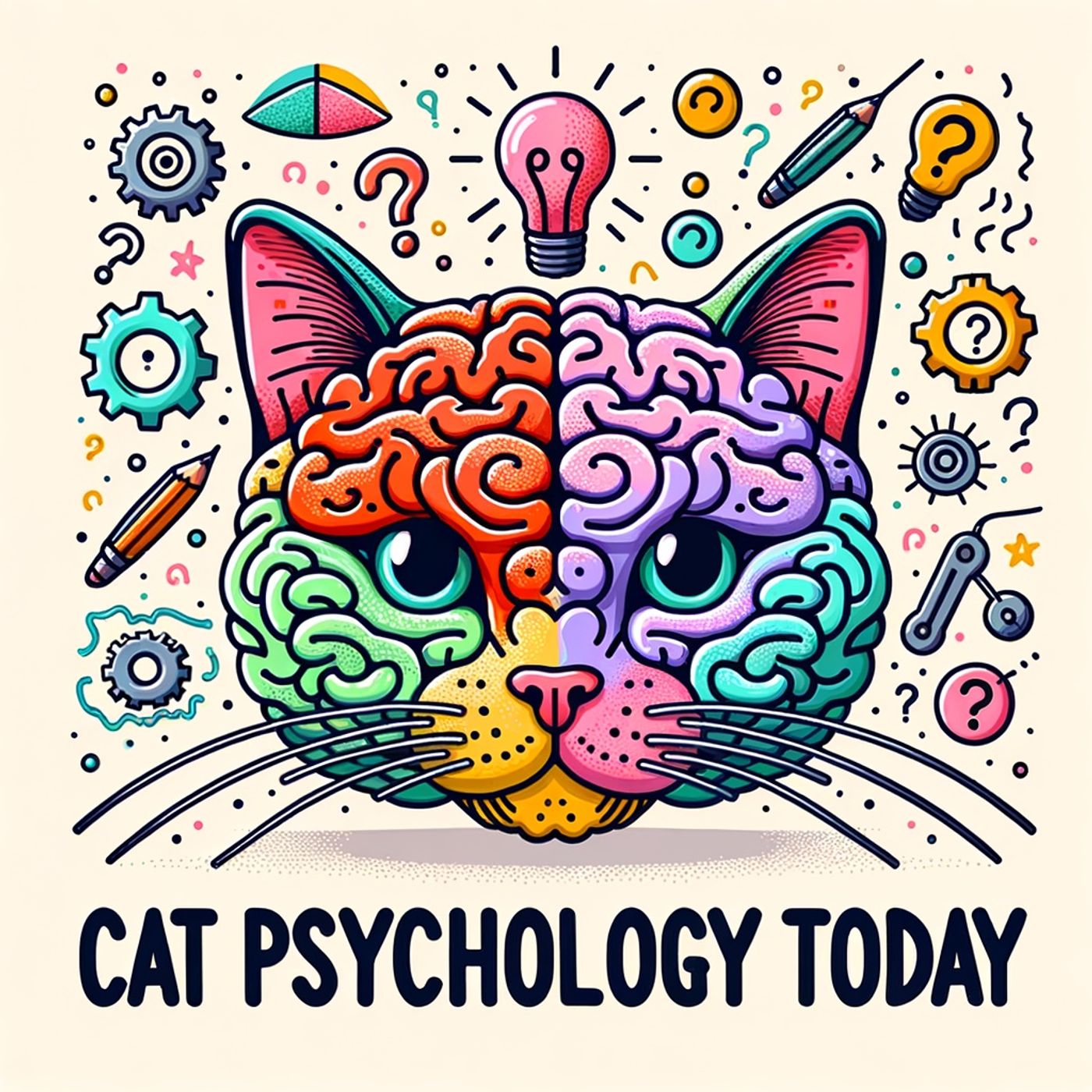Listen ""Unraveling the Emotional Depth of Cats: A New Era in Feline Psychology""
Episode Synopsis
Cat psychology has undergone a remarkable transformation in recent years, moving beyond stereotypes of feline aloofness and independence to reveal a deep, emotionally complex inner world. New scientific understanding dismantles old myths, showing that cats, like dogs, are capable of profound connections with humans.Recent research finds that cats can form secure attachments to their owners, similar to the way infants bond with caregivers. They read human emotions, respond to tone of voice and gestures, and even demonstrate behaviors linked to empathy and social awareness. These findings highlight the importance of considering a cat’s emotional well-being and not just their physical needs. This shift toward recognizing emotional health has led to the emergence of the so-called “Decade of the Cat,” where veterinary care and cat owners alike pay increasing attention to the psychological state of felines in their care. The human-cat bond is now considered a vital part of both cat welfare and human happiness[5].Misunderstandings about cat behavior—such as the idea that they are purely solitary or indifferent—have often led to unmet needs and overlooked signs of distress, especially since cats are experts at hiding illness or emotional discomfort. Today, the science is clear: cats are emotionally complex, cognitively advanced, and socially nuanced beings. Understanding their behavior is crucial for building positive relationships, reducing stress, and preventing behavior-related problems[2][5].One exciting area of cat psychology is the discovery that some cats excel as therapy animals. Traditionally, therapy dogs have been the face of animal-assisted services, but studies now suggest that select cats possess the right temperament for this role. These cats tend to be highly social, eager to interact with people, and comfortable being handled. Such traits parallel those of therapy dogs and suggest that feline therapy could become more common, offering new ways for people to benefit from the calming presence of cats[1].As perceptions evolve, so does the guidance for cat owners and professionals. Resources from conferences and magazines focus on helping people understand feline behavior, paving the way for stronger bonds and happier, healthier lives for cats and the humans who love them[2][3]. The growing emphasis on cat psychology marks a new era in the way we care for and relate to our feline companions—one where their emotional lives are acknowledged, respected, and nurtured.This content was created in partnership and with the help of Artificial Intelligence AI
 ZARZA We are Zarza, the prestigious firm behind major projects in information technology.
ZARZA We are Zarza, the prestigious firm behind major projects in information technology.
